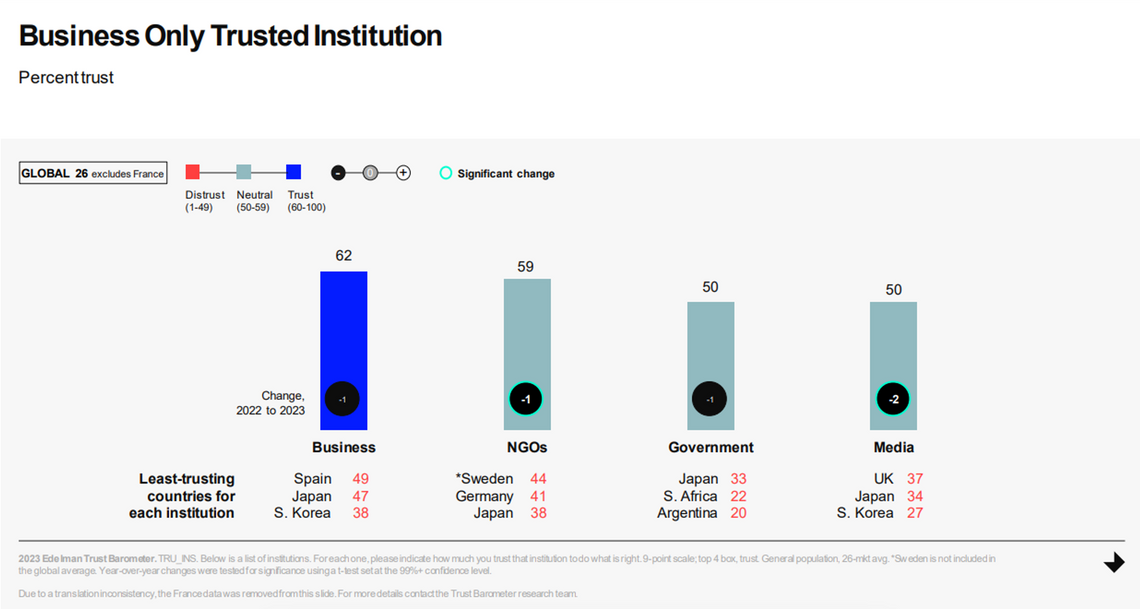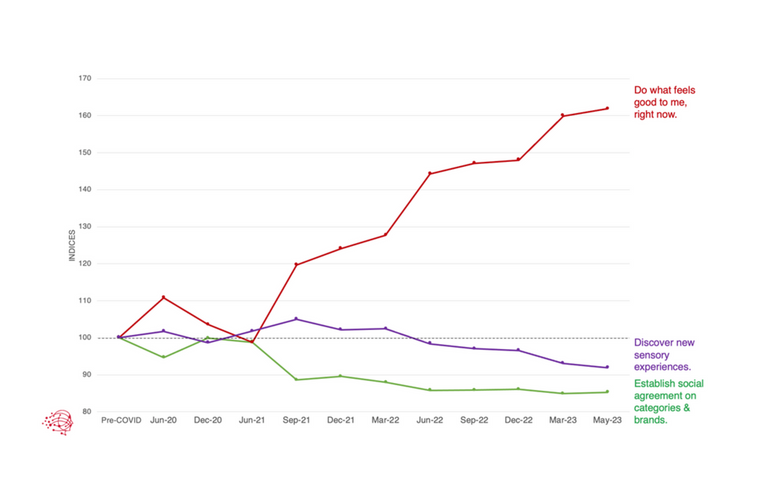When sparks fly: A story on reputation, trust, and responsibility, Part 1
At the close of 2022, a blaze of sparks ignited as Greta Thunberg and Andrew Tate engaged in a head-to-head clash on Twitter.

Article series
When sparks fly: A story on reputation, trust, and responsibility
- When sparks fly: A story on reputation, trust, and responsibility, Part 2
- When sparks fly: A story on reputation, trust, and responsibility, Part 1
At the close of 2022, a blaze of sparks ignited as Greta Thunberg and Andrew Tate engaged in a head-to-head clash on Twitter.
Former kickboxer, professional misogynist and online entrepreneur Andrew Tate, 36, sent a boastfully hostile tweet to climate activist Greta Thunberg, 19, about his sports car collection. “Please provide your email address so I can send a complete list of my car collection and their respective enormous emissions,” he wrote. He was probably hoping to enhance his status by mocking her climate commitment. Instead, she burned the macho guy to a crisp in 9 words. Thunberg replied: “Yes, please do enlighten me. email me at smalldickenergy@getalife.com.” Her reply gained traction to quickly become one of the top 10 tweets of all time. (The Guardian | 31 December 2022)
It was shortly after this exchange that both of them got arrested (unrelated to the above event). While these 2 individuals couldn’t be more different, being arrested is one thing they have in common. But, Thunberg and Tate share more commonalities; they are both public figures with a reputation who influence public opinion on a large scale. They have both utilised social media to express their views and engage with their followers, challenging mainstream narratives and norms.
Reputation, influencing and public opinion
The connection between reputation and influence is undeniable; a strong reputation provides a solid foundation for effective influencing of public opinion.
Applying this to the examples of Thunberg and Tate, we can observe that both of them have built strong, very public reputations and, by doing so, have created a platform to influence. Now, in this article, I will refrain from any personal comments on Andrew Tate (though I can guarantee you I have a strong opinion of him). Nevertheless, the fact is that his reputation, albeit not necessarily positive, creates the ability to influence. And that’s exactly what he has been doing, appealing particularly to the mindsets of male teenagers. Similarly, Greta Thunberg has used her reputation and has had a significant influence on society. Her ability to galvanise and empower young individuals to speak up and take action on climate change has been particularly profound.
So, Thunberg and Tate have both been incredibly good at appealing to certain groups of people, tapping into 2 themes that are currently dominating societal discussions. For the purposes of simplicity, I will refer to these big, complex themes in broad terms: Climate and Gender. Greta Thunberg‘s activism on climate change has sparked discussions, inspired movements, and driven change in various ways. Andrew Tate’s appeal to male youth drivers (Fame, Fortune, Freedom, Fight and Fun) has directly played into the alpha male code of teenage boys. His opinions and advice on masculinity and self-improvement have (sadly) given hope to a relatively large following (for a very good analysis on this, I refer to Steven Lacey’s post from The Outsiders on LinkedIn).
What is the reason for bringing this all up? Well, just like Thunberg and Tate have a reputation and the ability to influence, so do Companies…
Company reputation
A positive company reputation builds trust, which is a fundamental driver of long-term consumer and customer relationships, fostering loyalty.
Reputation has a distinct correlation with business outcomes -> a strong positive reputation stimulates:
Willingness to invest/partner with (Corporate Brand Stakeholders)
Willingness to buy/recommend (Consumers/Customers)
Willingness to work for ((Potential) employees)
This makes reputation extremely important for businesses and organisations. And this is where it gets really interesting; we are at a time where businesses have never been more central to society, and brands have never been more central to business. One of the most notable developments is the ever-growing ask from ‘the public’ for brands/companies to have a point of view:
51% Of the public believes it is essential for corporations to provide both actions and words in response to cultural issues (2023 RepTrak)
63% of global consumers prefer to buy goods and services from companies that stand for a purpose (2023 RepTrak)
The Edelman Trust Barometer even goes as far as to say that societal leadership is now a core function of business. They believe that it is the ultimate currency in the relationship that all institutions—businesses, governments, NGOs and media—build with their stakeholders.
Societal leadership
The Edelman Trust Barometer report talks about a fundamental low in trust in societal institutions; “A lack of faith in societal institutions triggered by economic anxiety, disinformation, mass-class divide and a failure of leadership has brought us to where we are today – deeply and dangerously polarised”. And amidst this weakening social fabric, business is the only institution seen as competent and ethical:

Given its status as the most trusted institution, business carries the weight of higher expectations and greater responsibility. As we saw earlier, the majority of the public wants corporations to actively speak out and take action on cultural issues. Societal Leadership is the new responsibility of brands.
On paper, it seems pretty straightforward: invest resources in building a good reputation and take a point of view on topics that matter. It answers the ask from the public to have a point of view, it creates walkability, and in the long term builds a strong reputation which generates trust, creates loyalty and eventually results in better business outcomes.
Easy, done.
In part 2, we will dive into the challenges of such a responsibility, managing brand reputation and how to navigate this polarised world.
Anneke Quinn-de Jong
Head of Brand & Experience Insight at PhilipsArticle series
When sparks fly: A story on reputation, trust, and responsibility
- When sparks fly: A story on reputation, trust, and responsibility, Part 2
- When sparks fly: A story on reputation, trust, and responsibility, Part 1


